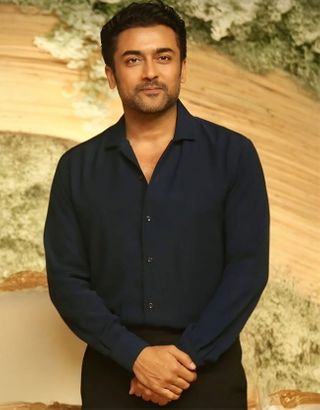
Extremely Loud And Incredibly Close Movie Review
Only a parent of a child we call 'challenged' or 'disabled' knows that life can truly become extraordinary. Normal folks think it is all pain. Yes, there is quite a bit of pain, but there's much more e.g. the ecstasy of a heightened sense of awareness where every moment becomes a miracle, the pleasure of having your notions of reality challenged and altered by such a different child and of having simple things magnified by their perspective.
Though "Extremely Loud & Incredibly Close" (ELIC) is a film about a lot of other things, where it scores the most is this, the relationship of a child with special needs to his parents.
After his father (Tom Hanks) dies in the 9/11 terrorist attack, Oskar (Thomas Horn) who has Aspergers syndrome (autism spectrum disorder), has to navigate the noisy and over crowded city of New York to find the lock to a key he thinks his father has left him.
His disability makes it extremely difficult for him to do this, but he is driven by a love of his father, and a guilt to do that which should be impossible for a person with his condition. While he is doing this, he seems to be getting further away from his mother.
It is tough for anyone to lose a parent. Yet it is toughest for a person with a disability to lose one. ELIC thus becomes a representation of the complex relationship that a person with disability has with his or her parents and how drastically life changes if one or both die.
ELIC is also about other things like 9/11 and father-son relationship. It filters grief and loss through the eyes of a child, a child with a 'disability'.
If you were to look at ELIC as a 9/11 movie - referring to that sub-genre of movie that emerged after that fateful incident - you will find it manipulative and needlessly melodramatic. It is one of those films that has a tear gun pointed at your tear ducts which it keeps firing every few minutes till by the end of it you can't take it any more.
There are scenes added to the film that have no purpose but to make you cry, like when Oskar says 'I love you' to his mother from behind a closed door. Good scene, but stand out like sore thumb.
Despite this if you look at the film from the outside, adding the disability angle to the story of a grieving family, this adaptation of a novel by Jonathan Safran Foer would not seem so bad. Yes, you'd know that you've been manipulated, but it is a manipulation you'd not mind for the grief of this family.









